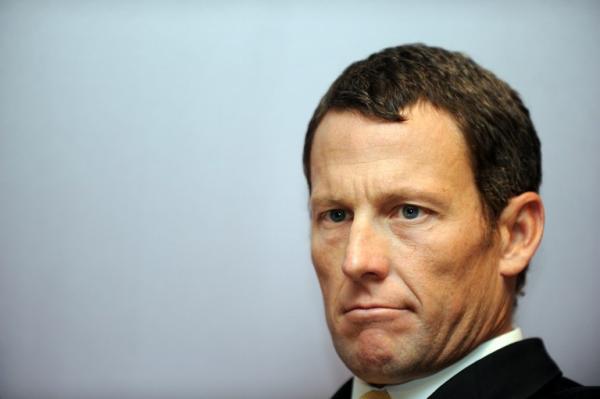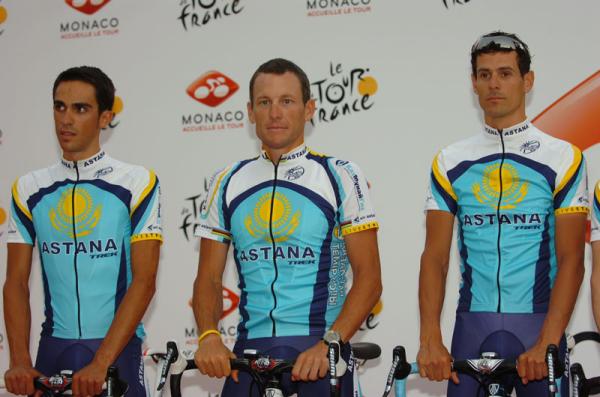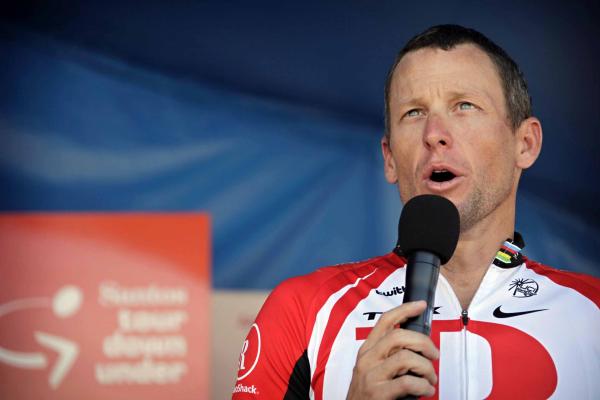USADA bans Armstrong for life, disqualifies all results since 1998
Tygart announces ban after retired rider declined to contest charges



United States Anti-Doping Agency (USADA) has handed down a lifetime ban to retired cyclist Lance Armstrong relating to doping practices from his time at the United States Postal Service Pro Cycling Team. On Thursday, Armstrong had declined to contest USADA’s charges, giving up his right to appear before an independent arbitration panel.
This move has prompted USADA to issue a ban dating from August 1,1998.
In addition to the lifetime ban, Armstrong will be disqualified from any and all competitive results obtained on and subsequent to August 1, 1998, including forfeiture of any medals, titles, winnings, finishes, points and prizes. This sees him lose his seven Tour de France titles and a number of other high profile victories.
“Nobody wins when an athlete decides to cheat with dangerous performance enhancing drugs, but clean athletes at every level expect those of us here on their behalf, to pursue the truth to ensure the win-at-all-cost culture does not permanently overtake fair, honest competition” said USADA CEO, Travis T. Tygart.
“Any time we have overwhelming proof of doping, our mandate is to initiate the case through the process and see it to conclusion as was done in this case.”
Armstrong's decision not to contest USADA’s charges were based on his belief that they failed to hold jurisdiction over him and his Tour de France wins. He launched a case in the US courts which was later dismissed, clearing the way for USADA, with WADA’s backing, to proceed.
“As is every athlete’s right, if Mr. Armstrong would have contested the USADA charges, all of the evidence would have been presented in an open legal proceeding for him to challenge. He chose not to do this knowing these sanctions would immediately be put into place,” USADA added in a statement.
Get The Leadout Newsletter
The latest race content, interviews, features, reviews and expert buying guides, direct to your inbox!
“The evidence against Lance Armstrong arose from disclosures made to USADA by more than a dozen witnesses who agreed to testify and provide evidence about their first-hand experience and/or knowledge of the doping activity of those involved in the USPS Conspiracy as well as analytical data. As part of the investigation Mr. Armstrong was invited to meet with USADA and be truthful about his time on the USPS team but he refused.”
“Numerous witnesses provided evidence to USADA based on personal knowledge acquired, either through direct observation of doping activity by Armstrong, or through Armstrong’s admissions of doping to them that Armstrong used EPO, blood transfusions, testosterone and cortisone during the period from before 1998 through 2005, and that he had previously used EPO, testosterone and hGH through 1996. Witnesses also provided evidence that Lance Armstrong gave to them, encouraged them to use and administered doping products or methods, including EPO, blood transfusions, testosterone and cortisone during the period from 1999 through 2005. Additionally, scientific data showed Mr. Armstrong’s use of blood manipulation including EPO or blood transfusions during Mr. Armstrong’s comeback to cycling in the 2009 Tour de France.”
The anti-doping rule violations for which Mr. Armstrong is being sanctioned are:
(1) Use and/or attempted use of prohibited substances and/or methods including EPO, blood transfusions, testosterone, corticosteroids and masking agents.
(2) Possession of prohibited substances and/or methods including EPO, blood transfusions and related equipment (such as needles, blood bags, storage containers and other transfusion equipment and blood parameters measuring devices), testosterone, corticosteroids and masking agents.
(3) Trafficking of EPO, testosterone, and corticosteroids.
(4) Administration and/or attempted administration to others of EPO, testosterone, and cortisone.
(5) Assisting, encouraging, aiding, abetting, covering up and other complicity involving one or more anti-doping rule violations and/or attempted anti-doping rule violations.
Daniel Benson was the Editor in Chief at Cyclingnews.com between 2008 and 2022. Based in the UK, he joined the Cyclingnews team in 2008 as the site's first UK-based Managing Editor. In that time, he reported on over a dozen editions of the Tour de France, several World Championships, the Tour Down Under, Spring Classics, and the London 2012 Olympic Games. With the help of the excellent editorial team, he ran the coverage on Cyclingnews and has interviewed leading figures in the sport including UCI Presidents and Tour de France winners.
